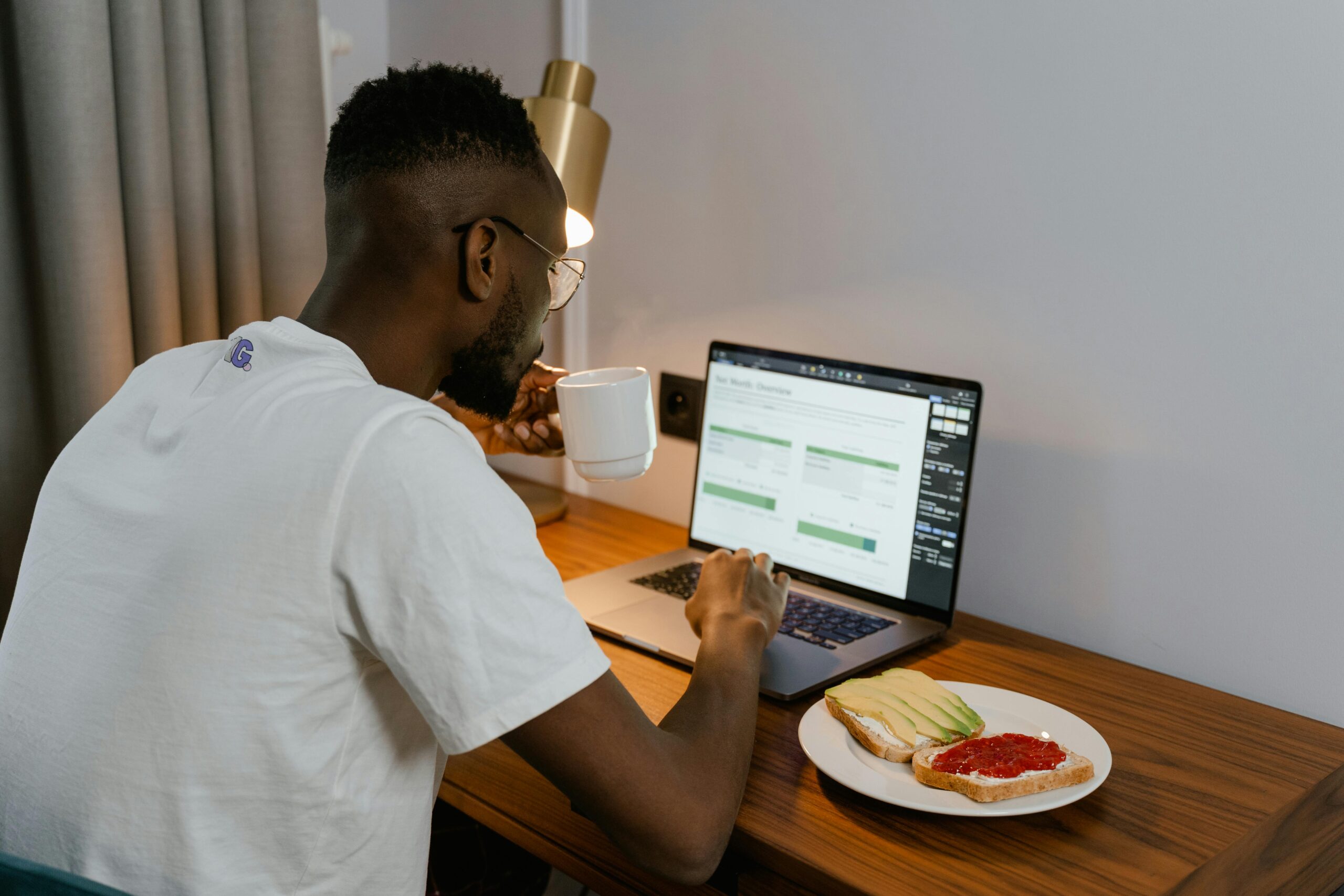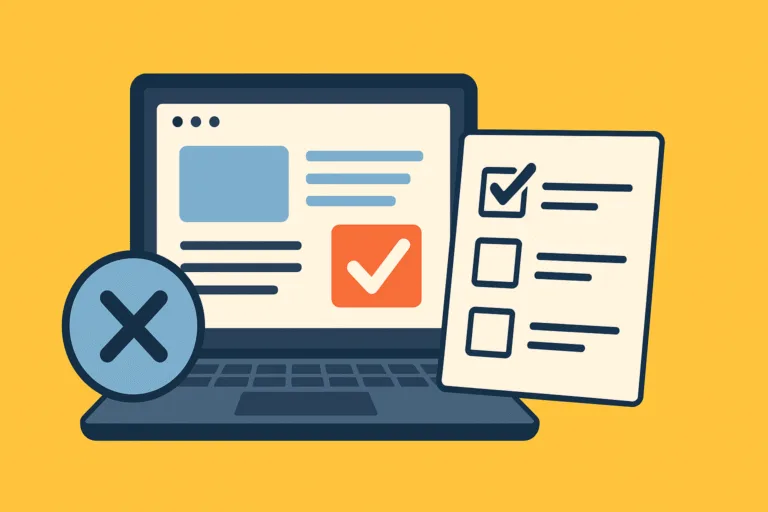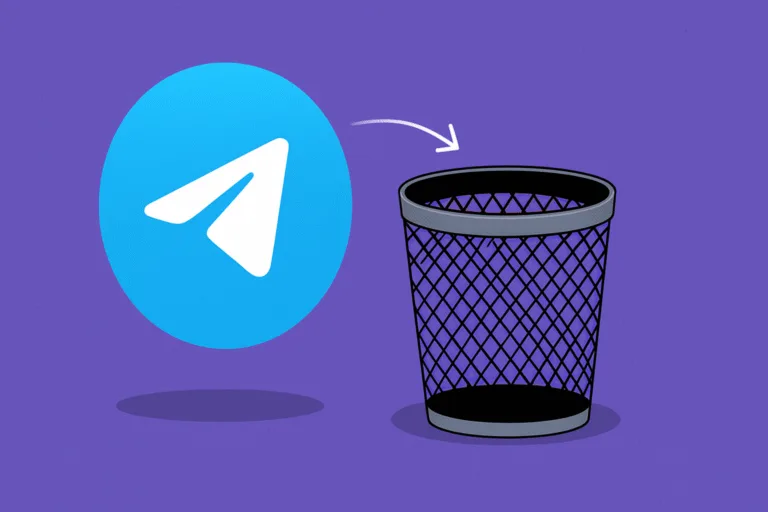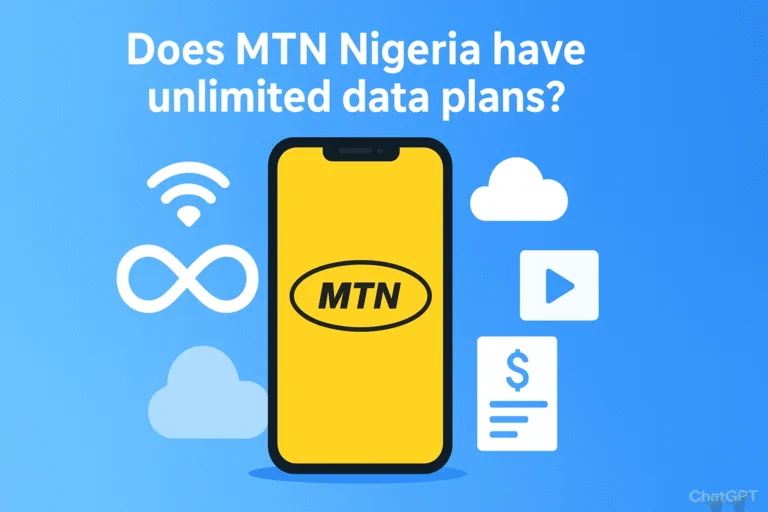For as long as many of us can remember, we’ve been told that “breakfast is the most important meal of the day.” It’s something that’s been drilled into us by parents, doctors, and pretty much every health enthusiast on the planet. But is it really true? Is breakfast really the hero meal that stands between us and a bad day, or is this just another myth created by cereal companies?
To unpack this, let’s get real. We’re all different. Some of us can’t imagine starting the day without a hearty meal, while others can barely stomach a slice of toast in the morning. The necessity of breakfast depends on so many factors, from lifestyle to metabolism to personal preference. Let’s take a deeper look into this.
The Case for Breakfast: Energy to Start Your Day
Let’s picture the ideal morning for a second. You wake up, the sun is shining, birds are chirping, and the smell of freshly brewed coffee fills the air. You sit down at the table and have a satisfying meal—maybe eggs, some toast, fruit, and a smoothie. You’re fuelled up and ready to conquer the day ahead, from the morning meetings to hitting the gym later in the afternoon.
For many, breakfast does exactly this. After hours of not eating during sleep, your body needs fuel to kick-start its metabolism and provide the energy needed for mental and physical activity. Studies have shown that eating breakfast can improve concentration, memory, and even mood. Kids who eat breakfast tend to perform better in school, and adults who prioritize breakfast are often more productive at work.
One clear advantage of breakfast is the impact it has on blood sugar levels. Eating in the morning helps regulate blood glucose, giving you the stamina you need until your next meal. If you’ve ever skipped breakfast and found yourself reaching for sugary snacks by 11 a.m., you’ve experienced firsthand how an empty stomach can mess with your blood sugar.
Skipping It Isn’t the End of the World
However, here’s where things get interesting. While breakfast can certainly help set the tone for the day, skipping it doesn’t spell disaster. In fact, many people function perfectly fine without breakfast and choose not to eat until lunchtime. There’s even a growing trend called intermittent fasting that encourages people to fast for a significant part of the day, and many find that it works wonders for their energy levels and overall health.
Let’s be honest: we’ve all had those mornings where breakfast just isn’t happening. Maybe you’re running late for work or you have an early meeting that you need to prepare for. The last thing on your mind is sitting down for a meal. And guess what? You’re not alone. Plenty of people don’t have time for breakfast or simply don’t feel hungry in the morning. And contrary to popular belief, they’re not doomed to a sluggish day.
Intermittent fasting has flipped the idea of breakfast on its head. The fasting approach suggests that it’s okay to delay eating until later in the day, even extending fasting periods to improve metabolic health. So, if you skip breakfast, you might still be fine—perhaps even more energized and focused.
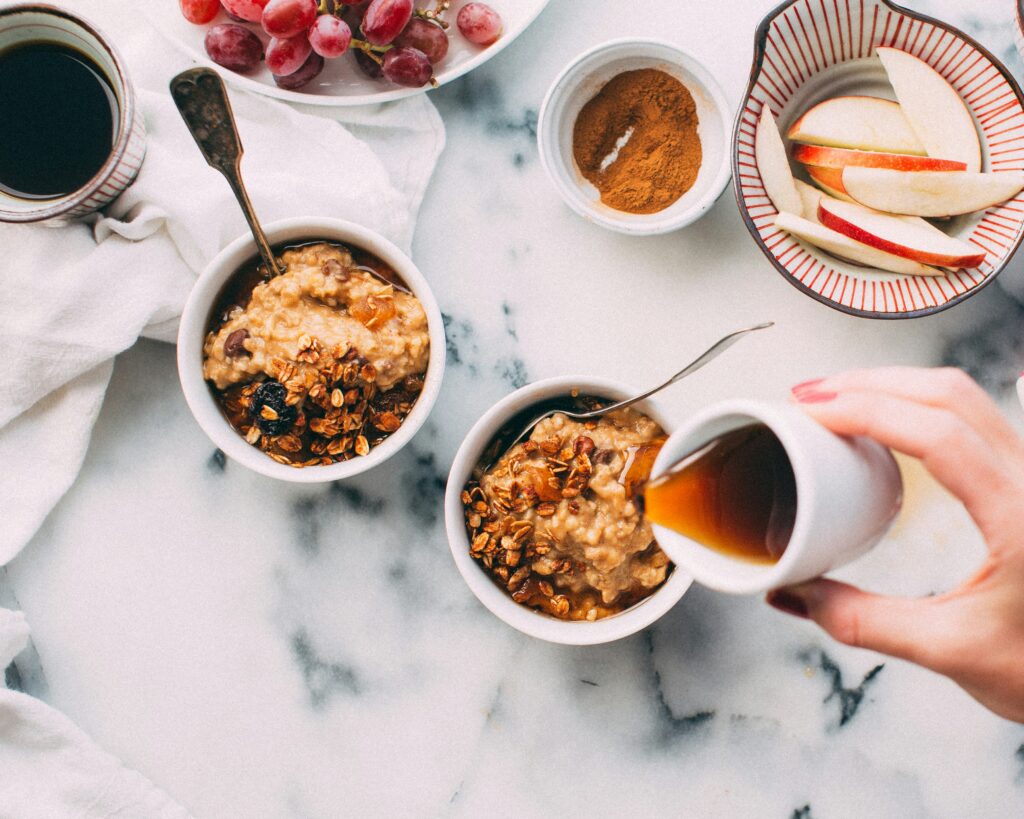
Quality First, Timing Second
What might be more important than whether or not you eat breakfast is what you eat when you decide to eat. A high-sugar breakfast (doughnuts and sugary cereals) might satisfy your sweet tooth, but it’s more likely to lead to a mid-morning energy crash. On the flip side, a breakfast packed with protein, fiber, and healthy fats (like eggs, oats, avocado toast, or yogurt) can provide the nutrients your body needs to stay energized throughout the day.
Take John, for example. He’s a project manager who thrives on his morning routine. He gets up at 6 a.m., goes for a run, and follows it with a protein-packed breakfast of eggs, spinach, and a smoothie. This routine works for him, giving him a burst of energy that carries him through long meetings and deadlines. For John, breakfast is a non-negotiable.
Then there’s Sarah, a designer who prefers working late into the night. She skips breakfast most days, relying on her morning coffee to kick her brain into gear. She doesn’t eat until lunchtime and feels perfectly fine working this way. For Sarah, the idea of breakfast just doesn’t fit her lifestyle or her energy flow.
The bottom line is that your approach to breakfast should depend on what feels right for you, your body, and your daily routine.
Listening to Your Body’s Cues
What’s important here is listening to your body’s cues. Do you wake up ravenous, or are you someone who doesn’t feel hungry until later in the day? Your body knows what it needs better than any expert or health trend can tell you.
It’s also important to recognize that your breakfast needs may change over time. For instance, if you’re an athlete or someone with a physically demanding job, a solid breakfast might be essential for maintaining your energy levels. On the other hand, if you’re primarily working a desk job, you may find that breakfast isn’t as vital.
Let’s also take a moment to acknowledge where the “breakfast is the most important meal” mantra originated. Some of the early marketing of breakfast as essential came from cereal companies in the early 20th century. They pushed the narrative to boost sales of their products, and this marketing strategy has endured to this day. It’s not to say that breakfast isn’t important, but it’s essential to question where these blanket health recommendations come from.
Is Breakfast Essential for You?
So, is breakfast the most important meal of the day? It depends on who you ask. For some, it’s the fuel they need to jump-start their day and stay productive. For others, skipping it doesn’t make much of a difference, and they thrive on their own eating schedule.
The main takeaway is to focus less on when you eat and more on what you eat. Listen to your body, understand your energy needs, and find a routine that works for you.

